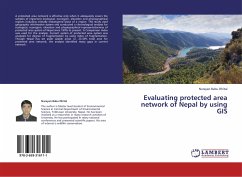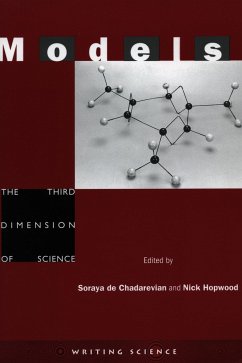
Models for Evaluating Scientific Research
A Comparative Analysis of National Systems
Versandkostenfrei!
Versandfertig in 6-10 Tagen
52,99 €
inkl. MwSt.

PAYBACK Punkte
26 °P sammeln!
Due to its very nature, the evaluation of research permeates nearly every aspect of the work of researchers. They evaluate the work of others or have their own work evaluated. They evaluate hypotheses that come to mind, the previous literature, the quality of data, the explanatory power of theories, or the design of experiments or instruments. However, deciding when someone is or has become a first-rate or world-class researcher is an evaluation at a somewhat different level. It is a complex synthesis of judgments about how well the researcher does each of the constitutive types of evaluation,...
Due to its very nature, the evaluation of research permeates nearly every aspect of the work of researchers. They evaluate the work of others or have their own work evaluated. They evaluate hypotheses that come to mind, the previous literature, the quality of data, the explanatory power of theories, or the design of experiments or instruments. However, deciding when someone is or has become a first-rate or world-class researcher is an evaluation at a somewhat different level. It is a complex synthesis of judgments about how well the researcher does each of the constitutive types of evaluation, usually as evidenced in the work they are producing.
In the last few decades the evaluation of research has become a high-stakes enterprise. With increasing political governance and federal budgets often in the billions, the livelihood of individual researchers, research groups, departments, programs, and entire institutions often swing in the balance. In this book, the author systematically analyzes and compares the quality of the models used to fund and evaluate scientific research in sixteen countries.
In the last few decades the evaluation of research has become a high-stakes enterprise. With increasing political governance and federal budgets often in the billions, the livelihood of individual researchers, research groups, departments, programs, and entire institutions often swing in the balance. In this book, the author systematically analyzes and compares the quality of the models used to fund and evaluate scientific research in sixteen countries.












